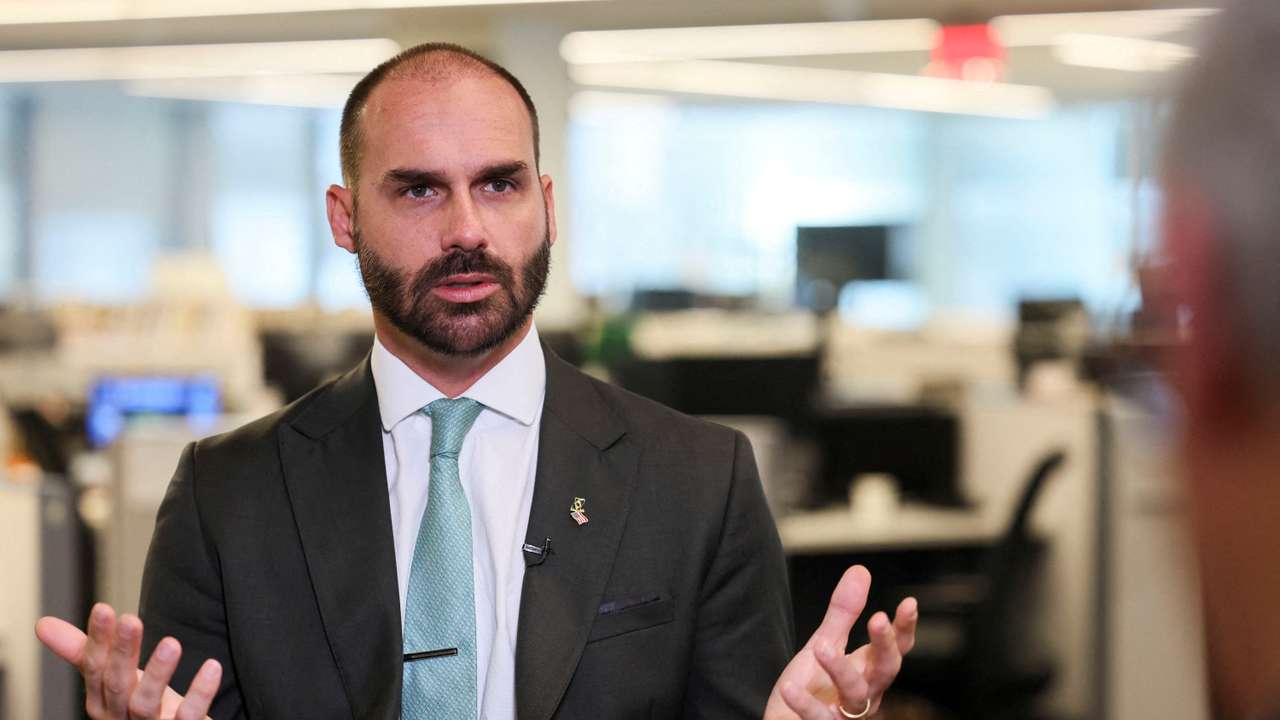Brazil's Supreme Court moves to charge Bolsonaro's son over judicial obstruction

Brazil’s Supreme Court has begun deliberations on whether to prosecute Eduardo Bolsonaro, son of former president Jair Bolsonaro, for allegedly attempting to obstruct investigations into his father’s conduct.
The court’s decision reflects mounting concern over political interference in a high-stakes trial.
Judges Alexandre de Moraes and Flávio Dino have already signalled support for the charges, citing evidence that Eduardo Bolsonaro pressured Supreme Court justices from abroad. According to prosecutors, he even boasted about the sanctions that could be applied against them.
The case is closely connected to Bolsonaro’s own legal troubles. Jair Bolsonaro was recently convicted by the same court for plotting a coup after his 2022 electoral defeat and received a 27-year prison sentence. The potential prosecution of his son adds a new dimension to the ongoing political-judicial drama in Brazil.
From a global perspective, the proceedings highlight the fragility of democratic institutions in the face of populist political networks. The international community is closely watching if Brazil’s judiciary can maintain its independence under pressure from powerful political figures and their allies abroad.
If Eduardo Bolsonaro is formally charged, it may deepen political polarisation in Brazil and raise significant questions about accountability, rule of law and the separation of powers in one of Latin America’s most influential democracies.
This story is written and edited by the Global South World team, you can contact us here.